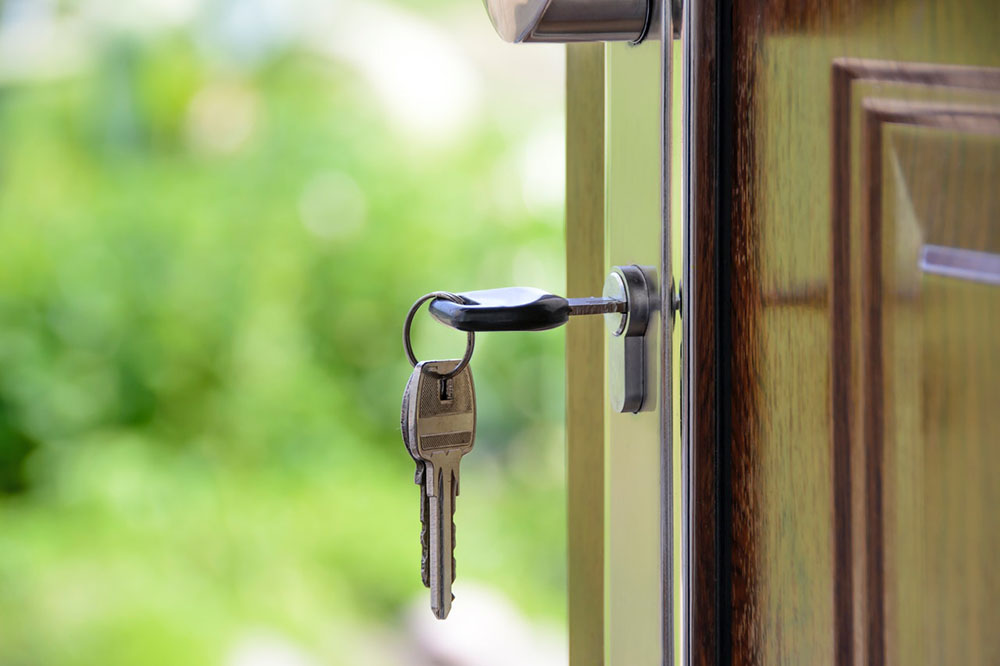One of the best ways to have a memorable vacation — and save a ton of cash on lodging — is a home swap.
I’ve written several articles about how I’ve turned my homes into profit-producing tourist rentals, but I’ve never divulged my secrets to swapping homes with fellow travelers.
The first time I swapped accommodations was Independence Day weekend a few years ago. A lady contacted me through my rental listing on Airbnb with a proposal: She and her family would take my place, and in exchange we could choose a holiday stay at one of her timeshares across the country. Lady had a lot of timeshares.
Because I didn’t want to travel far from home (driving to a nearby destination saved me the cash I would have spent on flights to a more exotic locale), I chose a deluxe suite at a Wyndham property in Atlantic City. The extra dough in my pocket meant more money to gamble, and since the swap was equitable in terms of space (two bedrooms), I was able to invite a couple friends to enjoy the free weekend with me.
Of course, opening your home — and leaving strangers unattended — can be worrisome. Will they set the place on fire, steal your stuff, stumble upon your sex toys? All of it could happen. So, in order to reduce your risk and squelch those fears, consider these handy tips meant to ensure a smooth swap.
- Draw up a contract.
Personally, I’ve never drawn up a contract for a swap, mainly because I vet my guests in advance, and I consider myself a good judge of character (I can identify a weirdo even over the phone), but it never hurts to have a legally binding agreement in case something goes awry.
I’m pretty easygoing, so if guests break an item by accident, I generally overlook it; things happen, and nine times out of ten, the guest will offer to pay for it. But you may feel differently. You may expect the guest to pay for any damage, even if it’s a broken drinking glass. If that’s the case, put it on paper. If you don’t, you won’t have the authority to demand restitution once you return home.
- Coordinate the dates and the exchange of keys.
The whole purpose of a swap is to exchange properties simultaneously — each party is in the other party’s respective property at the same time (unless you’ve worked it out otherwise). That can be tricky, though, especially if you’re each traveling to the respective properties at the same time.
If you have friendly neighbors who can hand off keys, it’s ideal; that way you can give them a set for the guests and a set to hold onto in case of an emergency while you’re gone, i.e. the guests get locked out. If you don’t have neighbors willing to help out, you can send keys to guests in the mail or leave them in an inconspicuous spot on your property, like in an empty birdhouse or under furniture in the backyard.
Personally, I have keypads on my doors, and I just leave the door unlocked (it’s a nice neighborhood, so I don’t fear daytime break-ins) or keep it locked until guests arrive, at which time I unlock the house and disarm the alarm via an app on my phone. Inside my home, I leave keys guests can use to come and go, so I don’t have to provide them the security code.
- Prepare detailed rules and instructions.
I have three basic rules when guests stay in my home while I’m not there: 1) Don’t get locked up, 2) Don’t get locked out, and 3) Don’t burn the place down.
There are rules, expectations, and certain instructions that I need to convey to my guests to prevent any mishaps. Before I depart, I leave notes on how to work appliances, where to find essentials, and what to do with recyclables, etc. This is probably the most important aspect of a smooth swap.
To create the list, go room to room and think about what others might need to know about whatever’s in it. Write it down, and be descriptive; a comprehensive list will result in fewer calls asking where the iron is or how to work the dishwasher.
Also, feel free to mention that you prefer the lights to be turned out in unoccupied rooms, the air conditioner shut off when it’s not necessary, and any other energy- and/or money-saving techniques that you practice in your daily life.
- Respect the property.
This step will be easier to accomplish if the guest has left a detailed list of rules and instructions — the concept of “respecting” one’s place differs dramatically — but hopefully common sense will prevail.
It’s never OK to throw a party; invade someone else’s privacy; or otherwise do anything to, with, or in the owner’s property for which you haven’t received express permission. If you think you’re doing something wrong, you probably are. Bottom line: Do unto others as you want them to do unto you. If you don’t, prepare to be sued.
- Leave the place as you found it.
At the timeshare in Atlantic City, there was a cleaning person who whipped the place back into shape after we left. Still, we did our part before leaving. We didn’t scrub the toilets, but we made sure used linens were in a neat pile, dishes were washed and put away, the fridge was emptied of our food (and clean!), the floor was swept, and counters were sanitized.
It’s common courtesy to leave the home in which you were staying the way you found it, or at least in the best condition you can without getting on your hands and knees. No one expects you to clean like a professional (although some swappers may, so find that out before you arrive), but you should definitely do your part to make sure that when the owners arrive home after a long day of traveling they don’t have to do anything out of the ordinary.
Just like you, they want to relax upon return. A tidy home will facilitate that. It will also make a good impression on the owner — and keep the proverbial door open for another swap in the future.
















